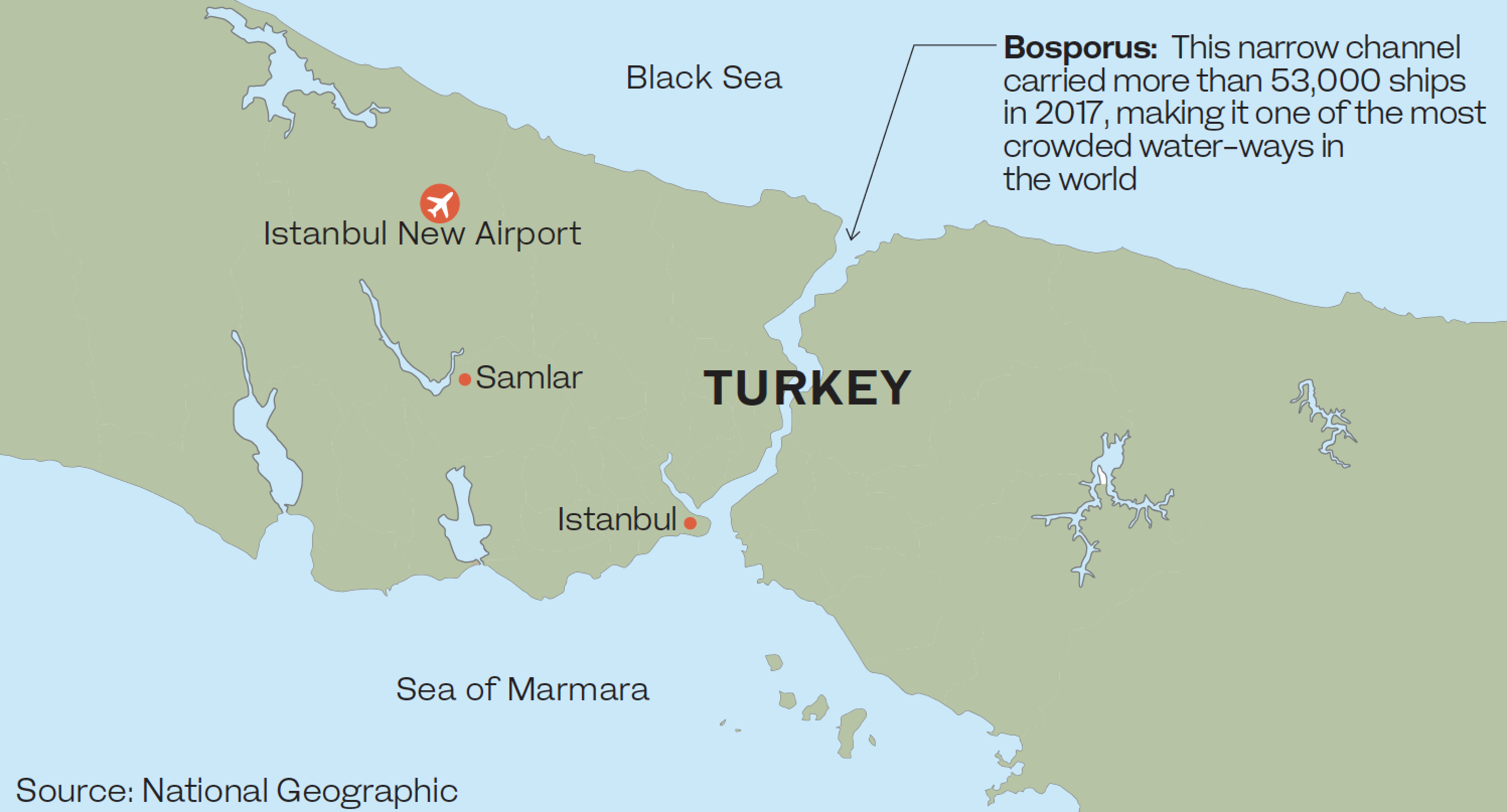Iraqis launch boycott of $9bn imports from Iran
BAGHDAD: Iraqi protesters have launched a new weapon aimed at weakening Iran’s grip on their political system — a boycott of Iranian products in stores and markets.
With the slogan “Let them rot,” young Iraqis in particular are refusing to buy anything imported from Iran, from fruit and vegetables to cheese and yogurt.
Instead, pop-up markets at protest camps are offering food stamped with “Made in Iraq” labels. “It allows us to create jobs for Iraqis and means our money stays in the country,” said protester Hatem Karim, 24. “We must … support our own national production.”
Iran exports $9 billion worth of products to Iraq every year, 10 times the amount of trade in the opposite direction. A successful boycott would be a significant blow to the Iranian economy, already crippled by US sanctions.
Mass protests have gripped Iraq since Oct. 1 as demonstrators demand an end to Iranian meddling and reform of a corrupt political system that keeps them in poverty. More than 450 people have been killed in an anti-protest crackdown led by Iran-backed militias and directed by Gen. Qassim Soleimani, head of the Quds Force of the Islamic Revolutionary Guard Corps.
Iraq’s parliament approved a new electoral law on Tuesday to make elections fairer, but political deadlock is still holding up the selection of an interim prime minister, threatening renewed unrest.
The new law will allow voters to elect individual members of Parliament instead of choosing from party lists, and each MP will represent a specific electoral district instead of the current system of groups representing entire provinces.
“This decision is the decision of the people, the people who were patient here in Tahrir Square,” said Baghdad protester Dawood Salman, 58. “They made their decision known, which is for elections to be individual, 100 percent.”
Another protester, Hashim Mohammed, said: “Hopefully this is a sign of things to come, this is the first step toward meeting our demands. We now want … a president, prime minister, and speaker who do not belong to any political party.”
Adel Abdul Mahdi resigned as prime minister last month under pressure from street protesters, but he remains in a caretaker capacity. The constitutional deadline to name a replacement expired last Thursday.
“We need a true Iraqi, someone honest and honorable,” protester Hashim said.

Iran arrests family of young man killed in ‘riots’Iraqi parliament approves new election law, deadlock over PM remains



